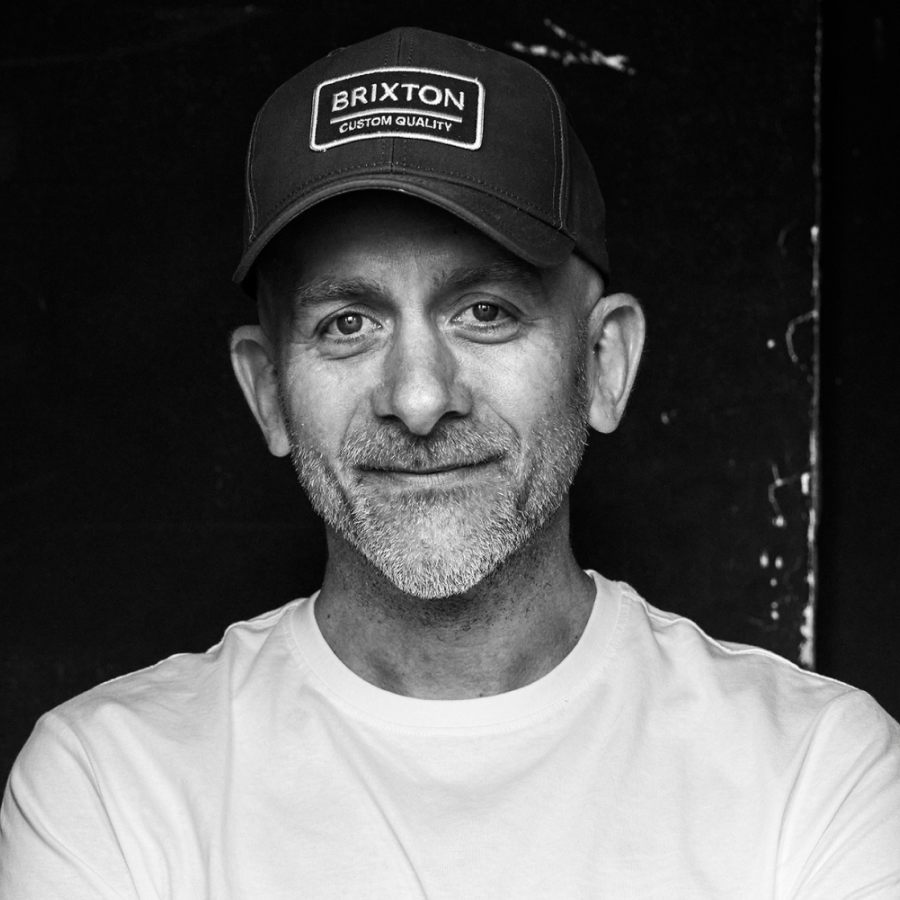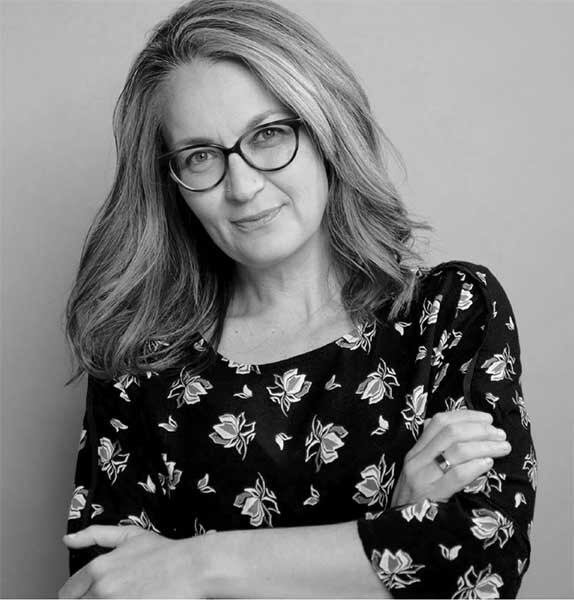
ASKING FOR A FRIEND
I'm struggling to feel guided by leadership, how do I avoid feeling burnt out and demotivated?
ASKING FOR A FRIEND - QUESTION
Feeling disconnected from leadership decisions that prioritise client acquisition over team wellbeing? Jeremy Willmott (Creative Director at Paper Moose), Andy Wright (Founder of Never Not Creative), and psychologist Jocelyn Brewer share practical strategies for becoming an effective advocate while protecting your own mental health. Discover how to build your personal brand, communicate effectively with leadership, and create sustainable change in challenging workplace environments. Essential reading for creatives struggling to feel guided by leadership and wondering how to grow into leadership roles themselves.
Finding Your Voice: How to Advocate for Your Team When Leadership Feels Misaligned
Feeling disconnected from leadership decisions can leave you questioning your role and impact. When you see choices being made that seem to prioritise client acquisition over team wellbeing, it's natural to feel frustrated, burned out, and unsure how to create positive change.
This question was answered by Jeremy Willmott – Creative Director at Paper Moose and industry leader who understands the pressures of agency life, alongside Andy Wright – Founder of Never Not Creative and CEO of Streamtime, and Jocelyn Brewer – psychologist and cyberpsychology consultant specialising in wellbeing and technology.
Understanding the Business Context
Jeremy acknowledges the challenging reality many agencies face: "There's a lot of pressure on businesses to win work and to land clients and do what you need to do to ensure the business and people's jobs survive." This market pressure often drives decisions that feel disconnected from team needs, creating frustration for those witnessing the impact on colleagues' mental health.
Recognising this context doesn't excuse poor decisions, but it helps explain why leadership might make choices that seem misaligned with your values. As Jeremy notes, these decisions "are often made externally to the needs of the organisation" without proper consultation.
Building Your Personal Brand and Network
The key to becoming an effective advocate lies in establishing what you stand for. Jeremy emphasises the importance of your "personal brand, the type of person that you are in an agency and what you stand for." This means identifying your core values and consistently championing them.
Building connections outside your workplace strengthens your advocacy position. Jeremy suggests connecting with "organizations and groups of people that meet externally to the workplace" who discuss mental health and community support. This external network provides perspective and reinforces your commitment to positive change.
The Power of Persistent Advocacy
Change rarely happens overnight, but consistent advocacy can create lasting impact. Jeremy believes that "continually beating that drum, talking about it, regularly bringing those points to your leadership team will eventually make a change."
Andy reinforces this approach, noting that timing matters: "It's easier to communicate those things when things are going better because then that person's in the headspace to go oh yeah actually that's a good idea." Sometimes ideas need to be presented multiple times before they're truly heard and understood.
Protecting Yourself First
Before you can effectively advocate for others, you need to safeguard your own wellbeing. Jeremy stresses: "It's really important for people to protect themselves first, especially if you're in any kind of management role where you're looking after other people."
Jocelyn raises important questions about boundaries and worth, challenging the normalisation of exploitation disguised as dedication. She warns against the trap where proving you can work under extreme pressure simply makes those conditions the new normal.
The Question of Detachment
When asked about "removing attachment," Jocelyn interprets this as potentially meaning "should I work on just sucking it up?" She cautions against this mindset, recognising the real tension between job security and personal boundaries.
However, some level of emotional protection may be necessary. Andy suggests that sometimes disengaging temporarily can help you "protect yourself" and maintain the strength needed for ongoing advocacy. The key is strategic detachment for self-preservation, not giving up on positive change entirely.
How NNC Circles Can Help
Never Not Creative's Circles programme offers peer support specifically designed for situations like this. These monthly sessions connect creatives facing similar challenges, providing a confidential space to share experiences and develop strategies for workplace advocacy.
Circles participants work through the 'wheel of life' assessment, explore mental health topics with trained facilitators, and create action plans for moving forward. The programme's focus on long-term commitment (minimum six months) helps build the sustained support network essential for effective workplace change.
Learn more about NNC Circles and register your interest
When to Seek Professional Help
If workplace stress is significantly impacting your mental health, professional support may be beneficial. Persistent feelings of burnout, demotivation, or resentment can indicate that additional help is needed beyond peer support and workplace advocacy.
Professional counsellors and psychologists can provide strategies for managing workplace stress while maintaining your commitment to positive change. They can also help you develop healthy boundaries and communication skills for challenging conversations with leadership.
Find professional help and crisis support resources
Moving Forward with Purpose
Advocating for your team while protecting your own wellbeing requires patience, persistence, and strategic thinking. Your commitment to positive change is valuable, but it needs to be sustainable. By building your network, establishing clear values, and choosing your moments wisely, you can create meaningful impact without sacrificing your own mental health.
Remember that leadership development often begins with self-advocacy. As you learn to communicate your team's needs effectively, you're developing the skills that will serve you well in future leadership roles.
our guests
Industry Leader

Jeremy Willmott
Paper Moose
Mental Health Expert

Jocelyn Brewer
Host

